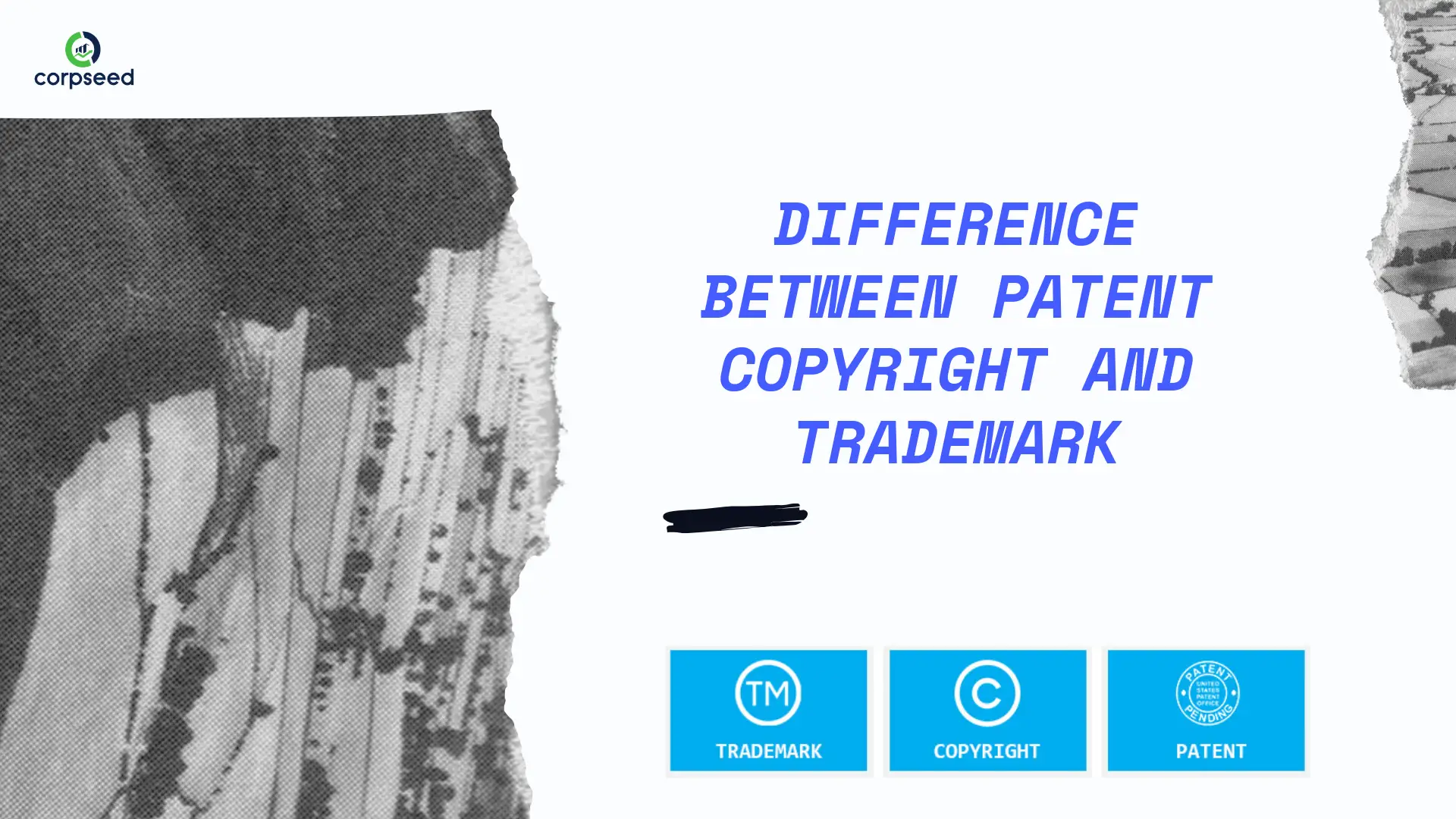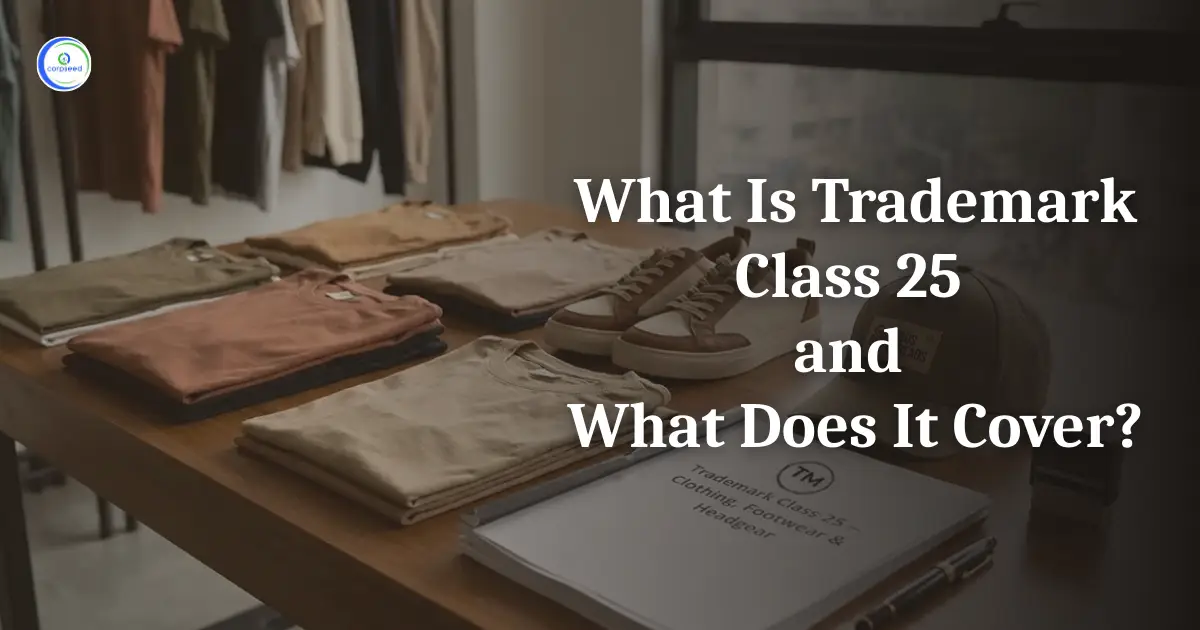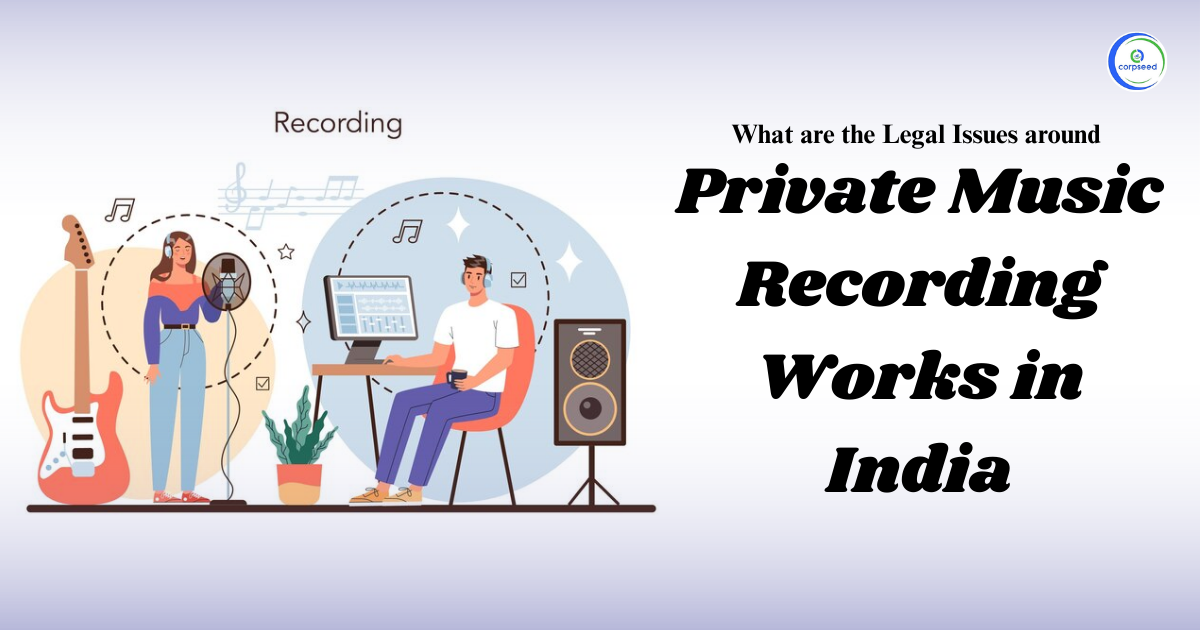Introduction
Innovation is the result of necessity, the world we live in is driven by innovation. In order to prevent our work we can take the help of Intellectual Property Rights.
Intellectual property comprises of intangible creations -artistic works such as music and writings; scientific or non-scientific discoveries; development of symbols, and logo– all these creations are the part of intellectual property.
Table of Contents
Intellectual property laws - encourage the creation of intellectual goods by providing protection from their use, misuse, or sale by any other without permission.
Owners once registered under intellectual property law can enjoy the benefits under the law for a set period of time.
Intellectual property laws typically offer protection based on the type of work that will fall under three categories - trademark, patent and copyright laws.
Most of the owners of such intellectual property are unable to determine whether their product needs to be copyrighted, patented or trademarked for protection. In order to understand these terms, it is essential to go over the description of these distinctly different rights. In this article, we will understand the basic differences between these and how to make the right choice to register our product under intellectual property rights.
Although the sole purpose of all three categories is almost the same to protect intellectual property, however, they serve completely different purposes and also for different products.
The domain of intellectual property is vast. But it’s essential to have a good understanding of the most common rights that are offered through IP protection. The most commonly applied for are:
- Trademark
- Copyright
- Patent
TRADEMARK v/s COPYRIGHT v/s PATENT REGISTRATION -
Trademark Registration
Trademarks can be termed as a unique symbols, which can be anything such as a signature, symbol, label, slogan, or combination of all used by an organisation or individual for their goods/ services.
This can be used to distinguish one business article from other similar products of another organisation enterprise.
- The un-registered trademark is represented with a symbol - ™
- The registered trademark is represented with a symbol - ®
Objective Of Trademark
Trademark rights provide us the protection for our intellectual property (in this case symbol/ logo/ slogan/ design etc) from use by others,
However, this do not provide us the right to stop/prevent others from creating and selling the same services/goods under a different name, symbol etc.
Benefits Of Trademark
- Protects from infringement.
- Gives the owner a right to sue if any other person misuses it
- Builds a brand to promote the goods/ service
Copyright Registration
Copyright is a right given by intellectual property law to artists of artistic, literary, musical and dramatic work, sound recording & cinematographic films etc.
It protects ideas, creativity and new concepts by an artist.
Intellectual property right under Copyright law provides a power to artist with the right to reproduce the work, sale or publish the work to the public.
The goods protected by copyrights include poetry, music, songs, motion pictures, novels, architecture, paintings and even computer software and digital creations.
Copyright is represented by the © symbol, or by the whole word "Copyright"
Ideas cannot be copyrighted, however, a tangible form of the idea can be.
Validity of Copyright Registration
Copyright s valid for the duration of the author’s life plus 70 years following their death.
Ownership of Copyright
Can be applied by any person who is the author or creator of the work
Benefits of Copyright Registration
- establishes an ownership record
- protects the work from misuse by any other
- The author has a right to use, reuse and reproduce copies of his work and can also sell the copies.
Patent Registration
A patent is the intellectual property rights provided to inventions.
One can apply for a patent for - industrial processes/ machines/ chemical compositions/ manufactured artefacts.
Patent owners (individuals or organisations) have a right to stop others from use of their invention without permission or they may sell it.
Conditions to apply for application – unique, new and not published by anyone else previously, an invention must be usable by any kind of industry.
The Objective of Patent Registration
The primary role of the patent law is to encourage innovation and commercialization of technological advances.
A patent protects an invention from–
- may use it without the permission of the inventor.
- Sale, offer for sale, and import of patented invention.
Validity of Patent Registration
When a patent is filed, the owner gets an exclusive right to prevent others from making, using, selling, or importing the protected invention.
- A patent protects an invention for 20 years.
- A provisional patent lasts for about a year.
Categorize of Patent Registration
Patents can be categorized as design patents, and utility and plant patents.
- Design patents protection lasts 15 years
- Plant patents last maximum 20 years
Right Choice
If anyone is planning to protect their Intellectual Property from any misuse or theft by any other person, then they must register it under Trademark or copyright or patent. The law is here to protect them but in order to do so, one must have proper knowledge on this. Certificate holders have all the rights to sue those who use or misuse their intellectual property without permission. In order to protect and to enjoy full use of the intellectual property right, one must do the drafting and filing of necessary documents properly, as well as follow the required processes to obtain this legal protection.
This portion of the site is for informational purposes only. The content is not legal advice. The statements and opinions are the expression of author, not corpseed, and have not been evaluated by corpseed for accuracy, completeness, or changes in the law.
BOOK A FREE CONSULTATION
Get help from an experienced legal adviser. Schedule your consultation at a time that works for you and it's absolutely FREE.







.webp)

